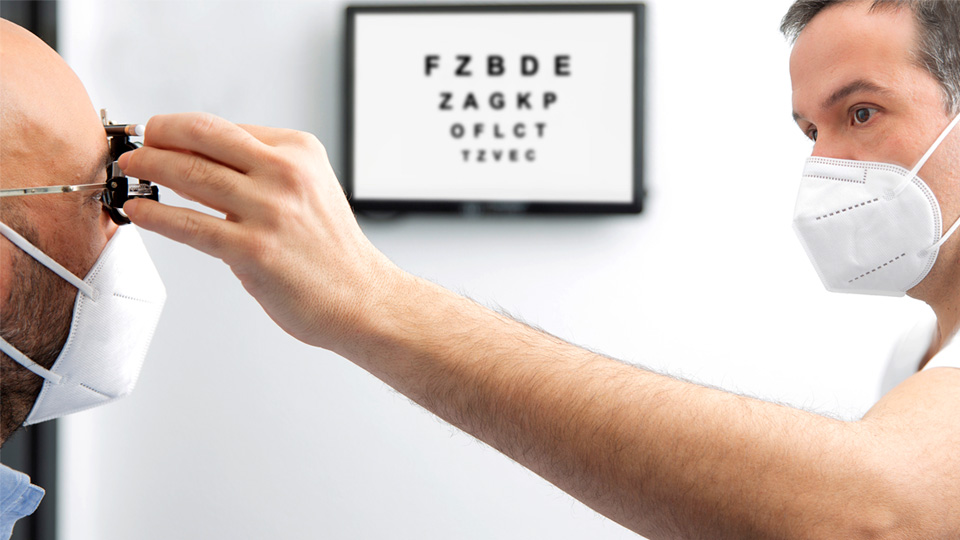All about the skin around the eyes and “drooping” eyelids
04/04/2025

02/07/2021
We often assume that vision loss is a normal consequence of aging and that it is not necessary to go to the ophthalmologist, but nothing is further from reality. Eye check-ups are essential to detect any pathology at its onset, when the treatment is most effective.
From the age of 40, presbyopia or tired eyesight makes an appearance. The lens loses its elasticity and no longer allows us to focus well on objects at different distances. It is a refractive error that can be easily corrected with glasses or contact lenses.
A little further on the cataracts appear. They also affect the lens, which loses its transparency with the consequent decrease in visual acuity. The first symptoms that are perceived are blurred or cloudy distant vision, glare from sunlight, lights or car headlamps at night, and in some cases they cause myopia, which can improve near vision. Cataract treatment is always surgical.
There are other conditions related to the passing of the years that, if left untreated, cause an irreversible loss of vision.
Glaucoma
It is a chronic disease of the optic nerve and 50% of people who suffer from it do not know it. In most cases, symptoms do not appear until very advanced stages. Early detection of this pathology is crucial to preserve maximum vision.
Age-related macular degeneration
As its very name indicates, it is an alteration related to aging and it is estimated that in Spain it affects 13% of people over 65 years of age. It is a degenerative disease of the macula that causes a progressive decrease in central vision. The earlier it is treated, the better the visual prognosis.
Diabetic retinopathy
Diabetes can damage the small blood vessels in the retina, leading to a severe decrease in visual acuity and even lead to blindness without proper treatment. Like glaucoma, it may not cause symptoms until very advanced stages, so ophthalmological controls are essential.
From the Barraquer Ophthalmology Center we recommend an annual eye examination from the age of 40, if there are no symptoms or risk factors of suffering from an ocular pathology.